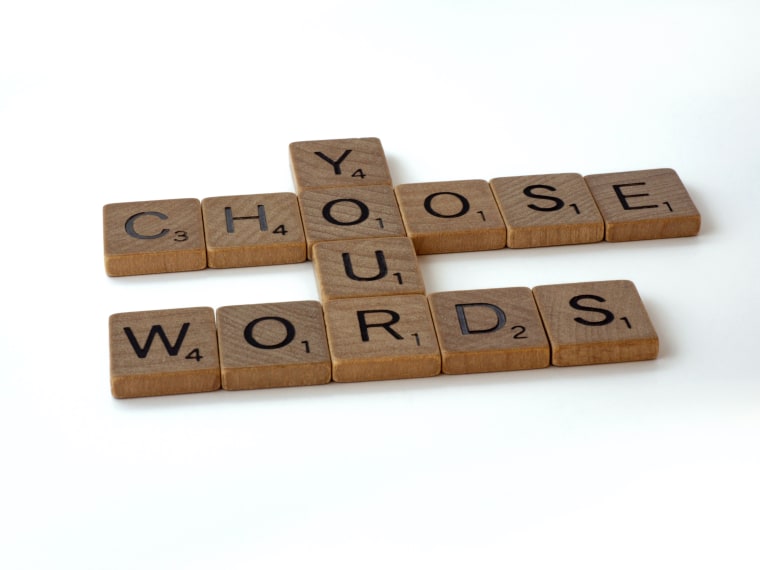Traditionally, the two-word phrase “health care” had been used most in the US. If you peruse articles from the early 90s, you’ll read about Bill Clinton’s Health Care Reform proposal. Nowadays, “health care” is not the recommended form for the adjective. Merriam-Webster lists “health care” as a noun meaning “efforts made to maintain or restore physical, mental, or emotional well-being, especially by trained and licensed professionals, usually hyphenated when used attributively.”
Healthcare, one word, started as a replacement for the hyphenated “health-care,” typically used as an adjective. However, today, the most common usage in modern English is "healthcare" as one word. This is the preferred term in many countries, including the United States, Canada, and Australia. It is now used as an attributive and as a standalone noun, used as a noun to describe the broad range of medical services and support available to people. For example, one might say "access to healthcare is a basic human right" or "the healthcare industry is rapidly evolving due to advances in technology."
On the other hand, "health care" is two words sometimes used when referring to specific types of medical care or treatments. For example, one might use "health care" to refer to a specific type of medical procedure or intervention, such as "mental health care" or "preventive health care." This usage is often more common in the UK and other Commonwealth countries, where "healthcare" as a single word is less common.
On top of that, we are living through a time when these terms are evolving. The distinction between "health care" and "healthcare" is becoming less significant. Microsoft Word spell check accepts both forms for any usage. The Grammarly writing-aid tool prefers “healthcare.” The Google document spell check rejects “health-care” outright. The two terms, health care and healthcare, are often used interchangeably. In many cases, the choice is simply a matter of personal preference or regional differences in language usage.

